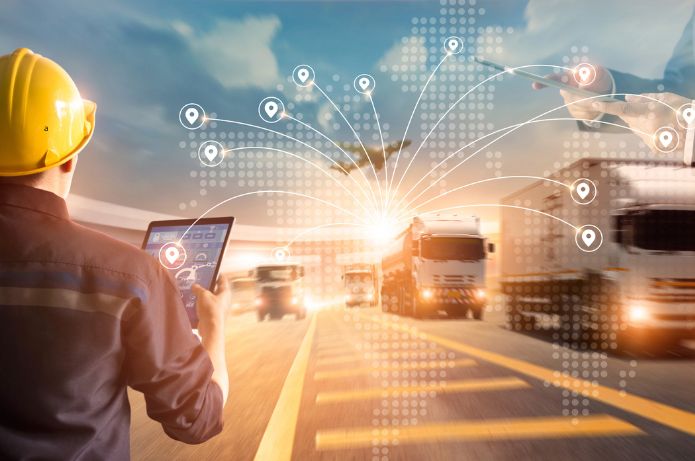Reverse logistics, the practice of returning products after consumption for recycling or proper disposal, has gained prominence in Brazil in recent years. With increased environmental awareness and the implementation of new regulations, the sector is expected to continue its growth, with impacts already being felt on the environment and the economy.
According to data from the Brazilian Association of Public Cleaning and Special Waste Companies (ABRELPE), in 2021, the volume of materials recycled through reverse logistics increased by 10.4% compared to 2020. However, it's important to emphasize that this growth isn't uniform across all materials. Some sectors, such as modems and set-top boxes, have seen an increase, while others, such as tires, still have low recycling rates.
Carlos Tanaka, CEO of PostalGow, a logistics solutions company specializing in the telecommunications segment, highlights the importance of these changes. "The implementation of stricter policies has been essential for the advancement of reverse logistics. Companies and consumers are more aware of their responsibilities, and technology has facilitated the process," he states.
Technological advances and new regulations
As technology advances, reverse logistics also benefits from innovations that make the process more efficient. Advanced tracking systems, artificial intelligence, and automation are just some of the tools that are transforming the industry, improving operational efficiency and increasing transparency and product traceability.
Furthermore, strict new regulations are expected, which will positively impact the future of reverse logistics in Brazil. The National Solid Waste Policy (PNRS), for example, establishes clear goals for waste management and shared responsibility between government, companies, and consumers. Future revisions of the PNRS are expected to include even more specific requirements, encouraging sustainable practices at all stages of the product lifecycle.
Future trends and the role of technology
Technology and artificial intelligence are expected to be fundamental in advancing reverse logistics. Big data and machine learning tools are being integrated to optimize waste management, predict demand, and improve the efficiency of recycling operations, enabling greater control over recyclable materials, reducing costs, and increasing process effectiveness.
Another important aspect is the growing demand for sustainable products from consumers, who are increasingly aware of the need to properly dispose of their waste. The practice of separating and returning products for recycling, common in many parts of the world, is becoming more common in Brazil. Environmental education and incentive programs are contributing to this change in behavior.
PostalGow, aligned with these trends, is investing in advanced technologies to enhance its operations and meet new market demands. It developed the DevolvaFacil platform, which promises to innovate the reverse logistics market in Brazil. "The expectation is that the combination of technological advances, new regulations, and growing environmental awareness will boost the reverse logistics sector in the country. We are just at the beginning of a sustainable revolution. Companies that embrace this change will be leading a greener and more efficient future," concludes Tanaka.


